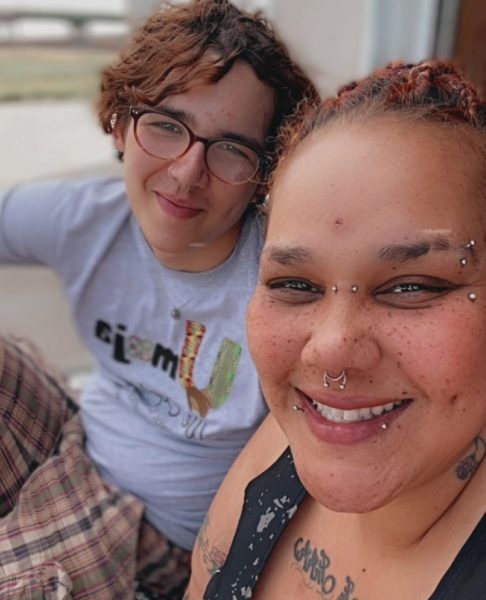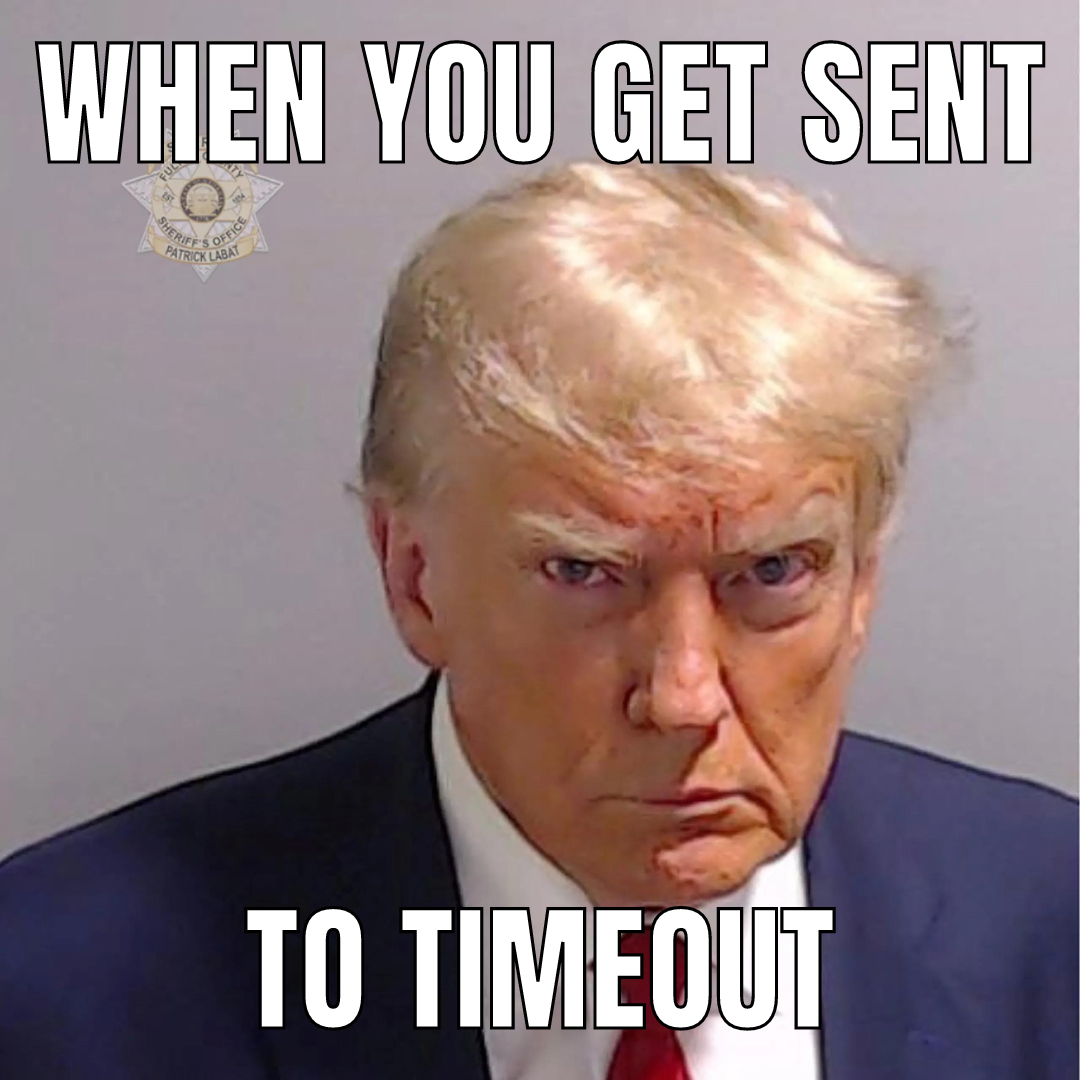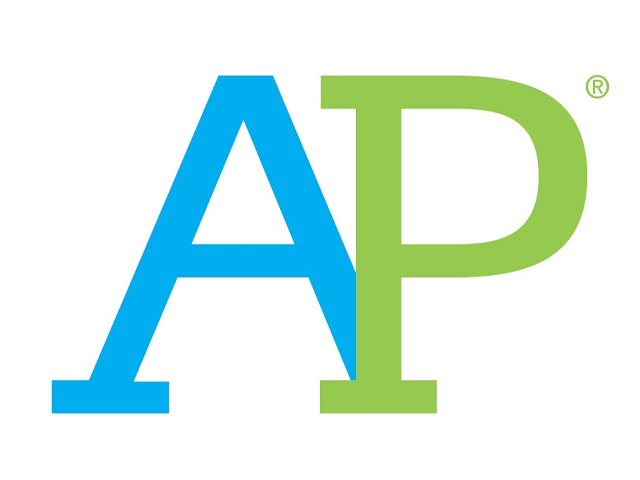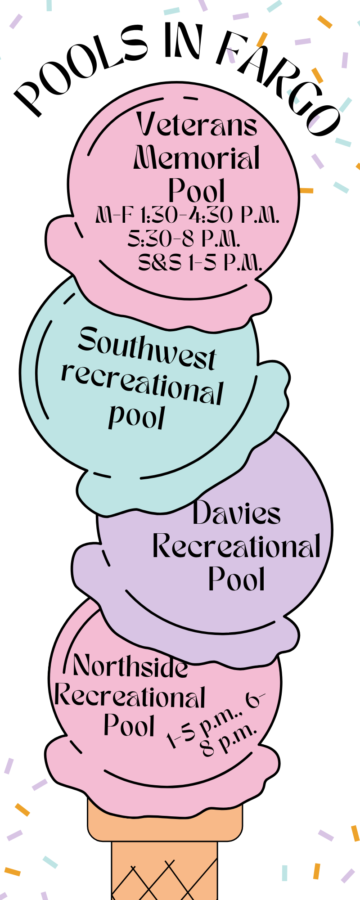In this world full of artists and inventors, there has become a need to ensure that intellectual property stays safe. The solution to this is trademarks and copyright rules. Any brand name or specific phrase is likely to have a trademark, and books and art will be copyrighted. Breaking these rules can result in cease and desist letters and lawsuits.
However, copyright can be complicated. With so many laws it gets hard to understand the basics of copyright, like something that was trending this fall: can you use Trump’s mugshot on a meme or merchandise to make a profit?
According to the U.S Copyright Office, a copyright is the ownership of an original piece of work (like songs, logos, characters, etc). There are two types of work that can be copyrighted: Original and Fixed.
The Copyright Office’s definition of ‘Original’ work is “when they are independently created by a human author and have a minimal degree of creativity,” and The Supreme Court’s definition of creativity is “to be creative, a work must have a ‘spark’ and ‘modicum’ of creativity.”
Names, phrases, slogans and titles are not deemed creative, but they can be trademarked. A trademark is any word, phrase, and/or symbol that identifies your business.
A ‘Fixed’ work is something that has been written down or recorded, and can be reproduced, perceived, or communicated for a long period of time. Anyone can be a copyright owner; when you create something original and post it, you own that creation. But for an official copyright, you need to fill out a form and pay a fee of $35 to $55.
Owning a copyright gives you the rights to reproduce the work, prepare derivative works, sell copies of your creation for profit, perform the work (if it’s a song or play), display your creation, and authorize others to exercise these rights. A copyright can last the creator’s life plus seventy years after the creator’s death. When your work’s copyright ends, or you don’t extend it, it enters the public domain.
According to copyrightlaws.com, the public domain is “commonly used to refer to content that isn’t protected by copyright law.” The public domain isn’t officially a part of the Copyright Act. A recent example of something that is being used that has entered the public domain is the “Winnie the Pooh: Blood and Honey” movie. The Winnie the Pooh character from the original book became public domain at the start of 2022. Frake-Waterfield and Scott Jeffrey took advantage of the opportunity and made a horror movie based on the original Winnie the Pooh character. Instead of your friendly Pooh bear, you get a hatchet wielding, murderous, bear-human hybrid.
There is also a copyright system for YouTube, where all videos and channel art you make is automatically copyrighted. Their system is similar to the official copyright system, as they have the same guidelines. But they have some exceptions to the infringement laws called fair use. This makes it so people can react to other peoples videos without punishment, as long as they have some sort of commentary or altering of the original video. It’s the same concept with music. YouTube has their own set of uncopyrighted music for YouTubers to use, but you can’t have copyrighted music play for more than 10 seconds.
If you use a copyrighted image or work without permission, the original owner can sue you for copyright infringement, but if there’s doubt in the case, the Copyright Office will recommend that permission should be obtained to continue using the creation.
Now that you know the basics of copyright, it’s time to answer the question: Can you use Trump’s mugshot for memes or to sell merchandise? Well, the short answer is yes. The mugshot is in the public domain, and hasn’t been copyrighted by the Fulton County Jail, so making anything that uses this image is fair game. Mugshots can’t be copyrighted. This is because a mugshot is public record, and is in the public domain by default by US law.
So in summary, copyright can protect your creations, ideas and works if it’s creative and or origanal. Anything in the public domain is fair game, and copyrights can be extended. The copyright world can be complicated at times, but can help you in the long run.
Categories:
What is copyright?
Fulton County Jail (meme made in Canva)
The mugshot is soo funny, I couldn’t resist making a meme of it.
Story continues below advertisement
0
Donate to The Scroll
$910
$1400
Contributed
Our Goal
Your donation will support the student journalists of Fargo North High School. Your contribution will allow us to resume physical printing of our newspaper for students at Fargo North!
More to Discover
About the Contributor

Dominick Brown, Writer/ Copy Editor
Bonjour, my name is Dominick Brown. I’m a sophomore at FNH and I’m a writer/copy editor for the newspaper. I’m involved in Technical Theater and Umoja. I have 3 brothers and one sister. I have 3 pets, a chinchilla named Momo, a dog named milo, and a cat named Sushi. I’ve lived in Fargo for about 2 years now. I joined the Scroll because I wanted to tackle the problems in the school and make them known and give pointers on how to handle them, and to give my opinion on certain issues.





